Are Your Compliance Processes Keeping Up with Evolving Audit Requirements?
Bramasol
MAY 13, 2024
Discover how SAP solutions lay a solid foundation for audits and next level PCAOB or AICPA compliance reviews. For any public company, the goal of successfully complying with periodic financial reviews by external auditors cannot be overstated.



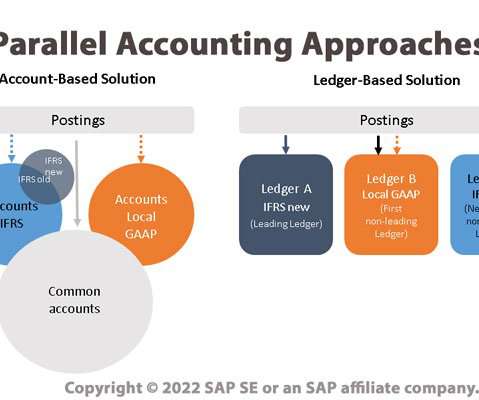
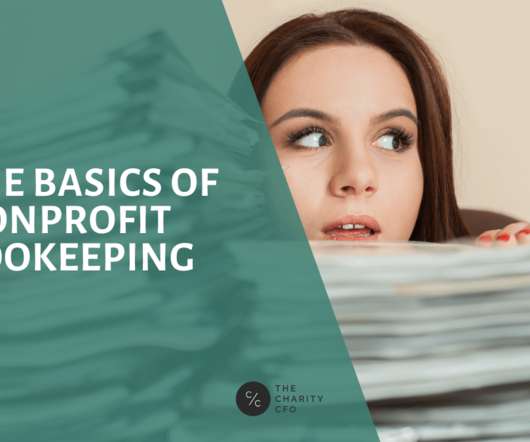


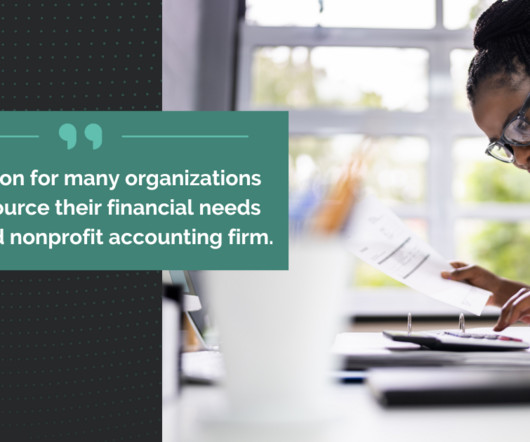

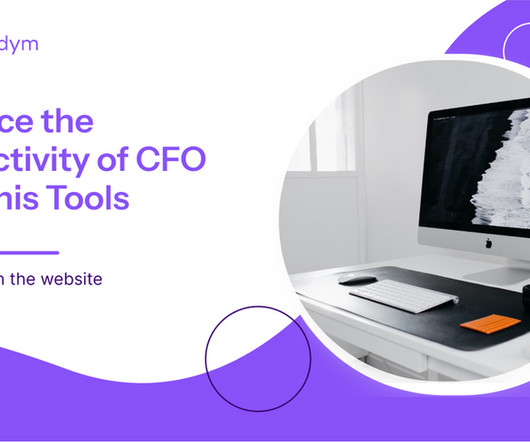
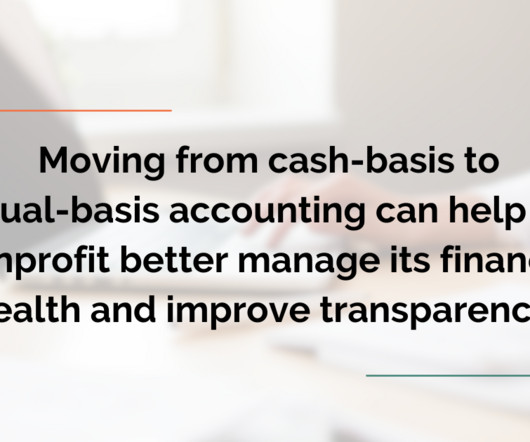








Let's personalize your content